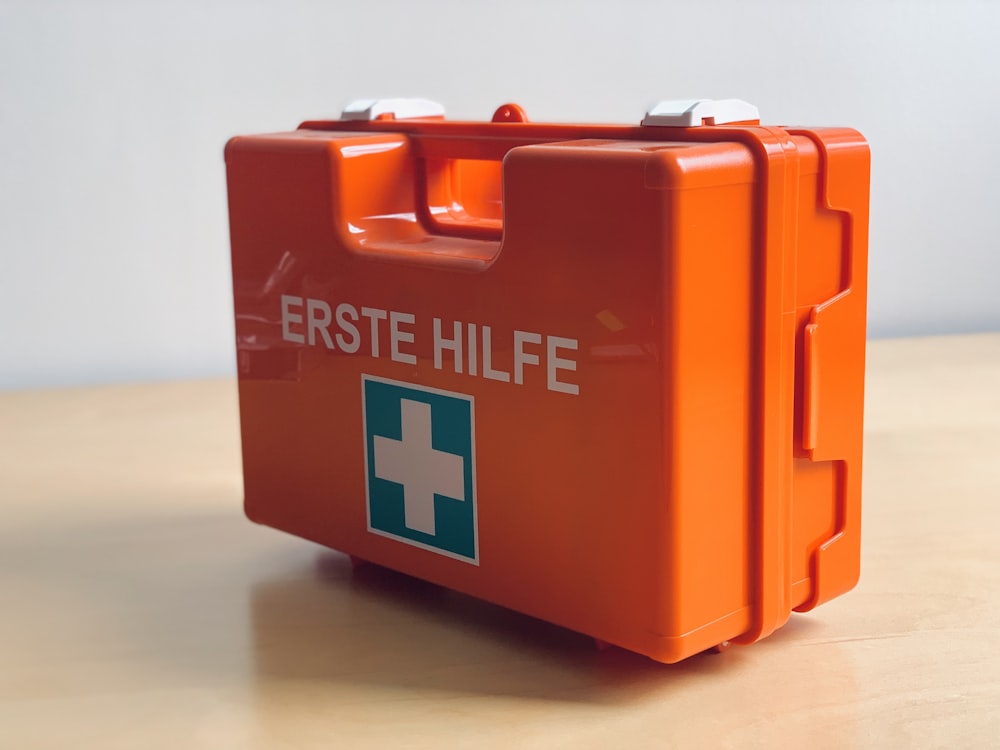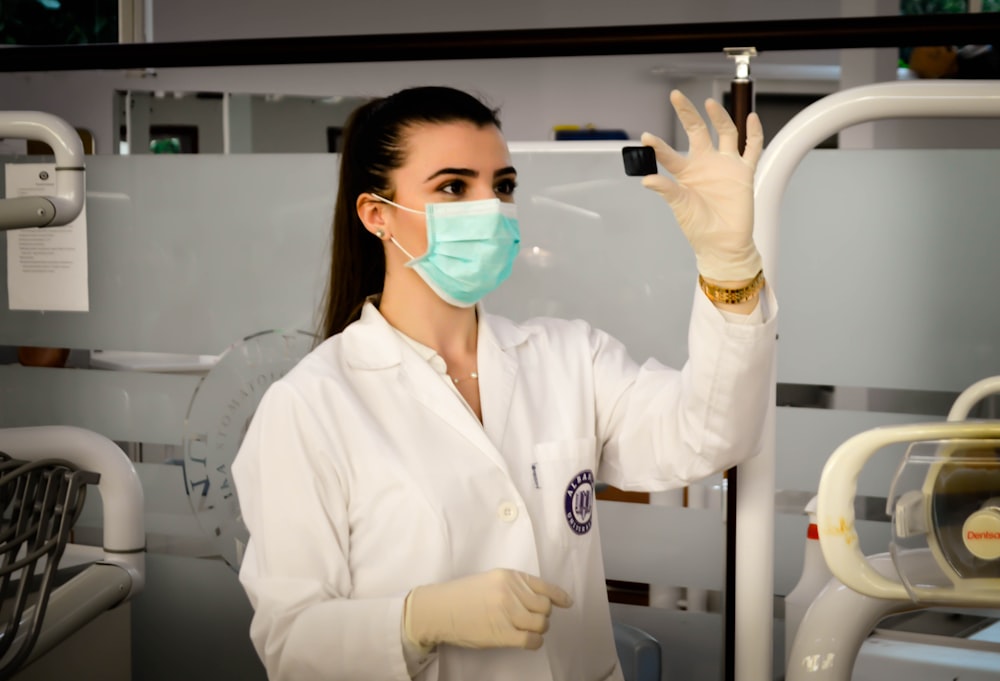
There are 35 public and 4 private medical universities/faculties in Germany.
Why study medicine in Germany?
Medicine is one of the most promising areas for higher education for building a future career. According to a 2016 German salary market study by Stepstone, medical professionals, including dentists, ranked first in terms of salaries among university graduates. It is reported that, on average, those who graduate from medical school receive 64,110 euros per year.
In addition, Germany’s medical education system is at the highest level. Thanks to very high competition, German universities receive the best and most motivated students, and an excellent faculty, sufficient university funding, and powerful university hospitals make it possible to turn students into high-class doctors.
It should also be noted that the state carefully monitors the quality of medical education. Students have to pass challenging state exams before they can start working in their specialty.
How to enter the German Medical University as a citizen of India?
The basic rule for admission is a high level of knowledge of the German language (from B2), combined with the highest possible grades. In Germany, there is a huge competition for medical universities, so only the best applicants have a chance of admission.
For admission directly to the medical university, you do not need to take additional exams, in addition to the exam in German. Upon admission to Studienkolleg – the preparatory department of a German university – you may need to take an additional test (for example, in mathematics).
Opportunities after study at a medical university in Germany
After studying at a university in Germany, students from India have the right to look for work in this country. They are given the opportunity to extend their residence permit in Germany for 1.5 years in order to find a suitable job. It should be noted that the profession of a doctor in Germany is very much in demand, so many graduates decide to stay to work in this country.
Which medical university course can I take?
For Indian citizens who graduated from educational institutions in their country at different times, there are different rules for admission to universities in Germany.
Option 1.
The applicant graduated from high school in India. Can enter the Studienkolleg at the chosen university in Germany for the M-course, after a year of study in which he enters the first year of the medical faculty.
Option 2.
The applicant finishes school, 1 or 2 courses of the Indian University, Faculty of Medicine. Admission directly to the first year of a German university.
Option 3.
The applicant completes the 3-6 course of the Indian University, Faculty of Medicine. Admission to a university in Germany for a higher semester. Re-enrollment of subjects passed in India.
How to apply for a higher semester?
In order to enroll in a higher semester at the Faculty of Medicine in Germany, you will need to send your documents for confirmation to Germany. Previously, documents were checked centrally in Dusseldorf, now the check is going on at the department for the recognition of medical education abroad of the federal state in which the chosen university is located.
What are the grades for admission to the Faculty of Medicine in Germany?
Ideally, all grades should be excellent. On average, about 40,000 applicants apply for 9,000 places in medical faculties in Germany every year.
What if the grades are low?
If the marks in the certificate or diploma are low, but you really want to enter the medical faculty of a German university, that is, a way out – you can take the TMS test (Test für Medizinische Studiengänge). In case of successful passing of this test, its results will be taken into account upon admission, and not your GPA.
Numerus Clausus
This phrase means that admission to a certain specialty in Germany is limited. Usually, Numerus Clausus is common in medical faculties in Germany.
Quotas for foreigners
German medical faculties introduce quotas for foreigners from states, including India. Typically, quotas are around 8% of all places. Is it a lot or a little? Let’s figure it out. On the one hand, 8% is not that much. But you need to understand that only non-EU foreigners can apply for this 8% of places. That is, the competition may be even lower than for German applicants.
The educational process at the Faculty of Medicine
German medical faculties, on the one hand, honor the teaching traditions, and, on the other hand, they introduce modern methods and the latest technologies. Students are often free in their choice – how long to study, how to plan a day, week, semester, or even the entire study.
Basic training lasts 6 years and 3 months, but it can be delayed for a longer period. In total, over all these years, training is at least 5500 hours, which is an important prerequisite for graduates of medical schools in Germany to be able to work in all countries of the European Union.
The structure of training at the Faculty of Medicine
Including preclinical stage, 1 state examination, clinical-stage, 1 year of practice, and the 2 state examinations.
Preclinical stage
Usually starts in the winter semester and lasts the first 4 semesters. During these two years, students receive fundamental theoretical knowledge in natural and human sciences, learn to provide medical care and care for the sick.
1 state exam (Staatsexamen)
An exam that is taken after passing the preclinical stage. Successful passing of the exam allows you to continue your studies.
The first clinical-stage
It Lasts 5 and 6 semesters. It includes the natural sciences and clinical disciplines in general pathology, as well as methods for the study of patients. At this stage, subjects such as microbiology, pathology, biomathematics, clinical chemistry, immunology, hematology, radiology, general pharmacology, toxicology, pathophysiology, microbiology, genetics, history of medicine, fundamentals of therapy, dermatology, surgery, otolaryngology, ophthalmology, neurology are studied. pediatrics and so on.
Second clinical stage
Lasts from 7 to 10 semesters. Here, individual clinical disciplines are already being studied in more detail. Algorithms for making a diagnosis, developing a treatment plan, and so on are being studied. Students must complete disciplines such as general medicine, emergency medicine, orthopedics, obstetrics and gynecology, hygiene disciplines, psychiatry, environmental disciplines. Practices are also held in many subjects.
Practical year
Providing clinical and practical training in university clinics. Skills and abilities are being developed in various fields under the guidance of a doctor. This may also include ambulance shifts, conferences, and more.
2 state exam (Staatsexamen)
The final exam, after which a diploma is issued with the right to work as a doctor in one or another medical specialty.


